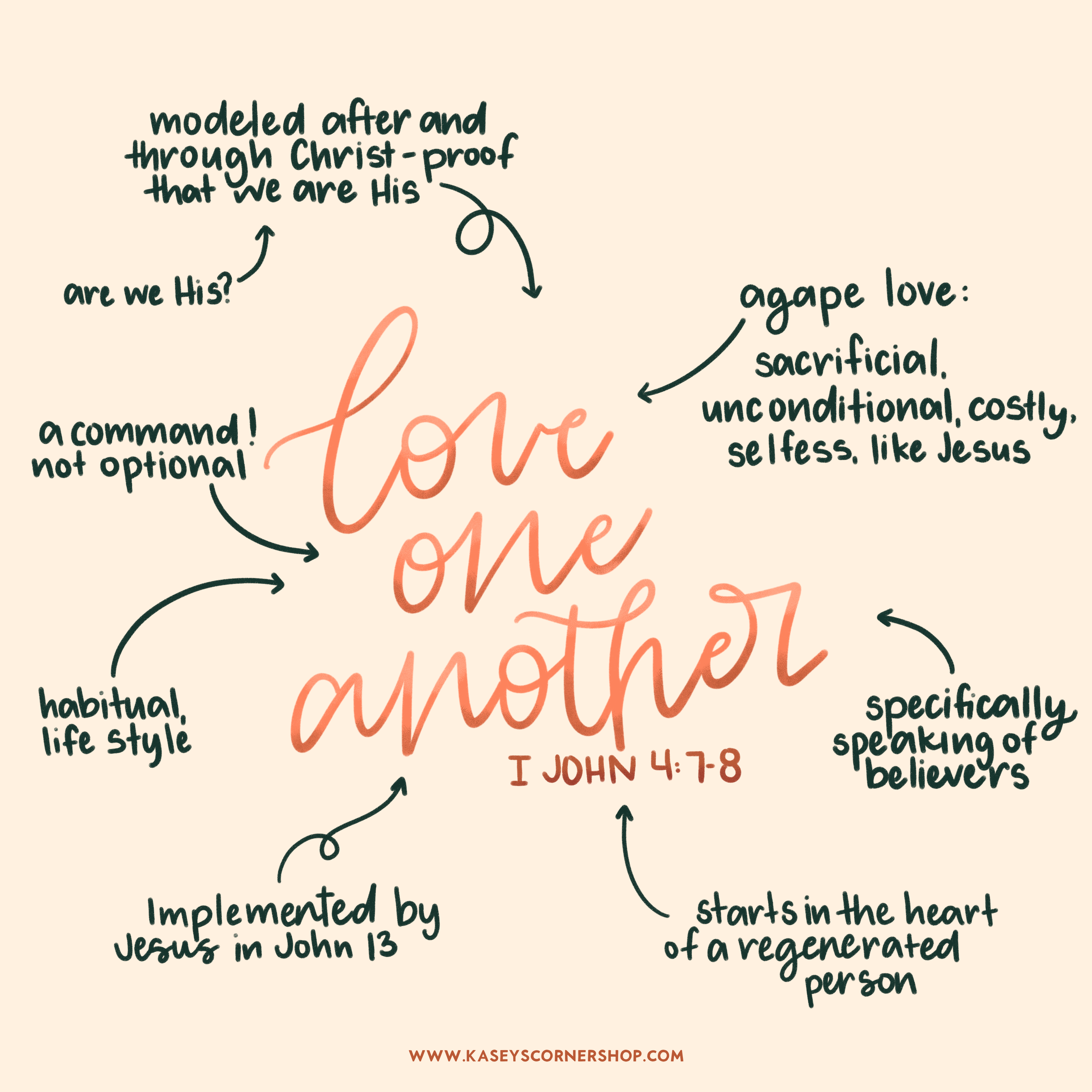A friend told me a story years ago about advice she received shortly after her conversion. She had asked more spiritual mature Christian in her life how to better comprehend Scripture. She told him that it was hard for her to focus and to get a lot out of the text. She had many questions and thoughts on context, the authors’ meanings, definitions, application, et cetera. Although I do not remember the wiser Christian’s exact words, he replied, “Do you have a notebook? Write it down!”
Write it down!
Probably the greatest tip for Bible study that anyone can give you. Keep a journal with your Bible. I keep two - a Dear Heavenly Father prayer journal and a Quiet Time Companion by Wholehearted. You can probably guess what I use them for, but I use the first one to journal my prayers and the second one to keep track of my reading plan, gratitude, studies, and scriptures I am memorizing. But whether you have a journal that was specifically created to help you study or a simple notebook does not really matter. Grab a journal and write your prayers, your thoughts, context notes, passages that stand out, verses to remember, Scriptures to memorize, questions & answers, quotes, definitions, and application. Here’s some reasons to keep a journal with your Bible:
1. Writing helps focus your mind on the task at hand.
Perhaps you struggle with the odd to do list item popping into your head or reminiscing about a conversation that could have gone better as you sit to focus on the Word. I know I do! Writing is a physical activity that requires your brain to focus on one thing at a time.
2. It can aid in memory and provides a look back for next time or down the road.
I have two journals that I keep with me when I study - one for my prayers and one for study notes. Journaling can provide a record to look back on where you were at one point and how far God has brought you! Try keeping a page in the front of your journal with key topics or prayers. We are told in Scripture to have a heart of gratitude. This list will come in handy as you look back on what God has done and what prayers God has answered.
3. A reference for discussion.
Whether you gather with friends to study the Word, you are disciplining a younger believer, or you are evangelizing to a non-believer, having a reference is often vital!
Recently, I had a discussion with another believer. He had a notebook which was organized by topic with Scripture references that supported specific discussions. It was a great reference to answer questions and point us back to Scripture throughout the conversation!
A group of friends and I are doing a devotional on Romans. We study separately and then meet every few weeks to discuss what we learned, how God is working, and just chit chat about the gospel! I love having a notebook with me when I study by myself so that when we meet, I can remember what stood out to me, what definitions I looked up, what thoughts I had, etc.
4. Memorization help.
I don't know how you memorize best, but writing always helps cement it in your brain. Try mapping Scriptures out by writing it out in the center of the page and surrounding the text with word studies, context, and comments! See below for an example and don't be afraid to get creative!

5. Slow down and meditate.
If you are like me, you think three miles ahead of your writing train. That is not always condusive to a good, comprehensive study of Scripture. The Bible tells us to "meditate* on His Word day and night" (Psalm 1). Take the time to sit with His Word and write it down. He promises blessing and fruitfulness for your labor.
*meditate: (v.) to think deeply and carefully about something; to consider
I am sure there are other benefits to adding a journal to your Bible study routine, but these are just a few of the ones I have top of mind. Here are some great options for journals for your to check out:
- Our Dear Heavenly Father Prayer Journal
- Add on our Prayer Journal Sticker Sheet for some spice!
- Wholehearted's Quiet Time Companion
- Our Custom Refillable Hand-painted Journal
- Our Coffee Notes Lined Notebook

